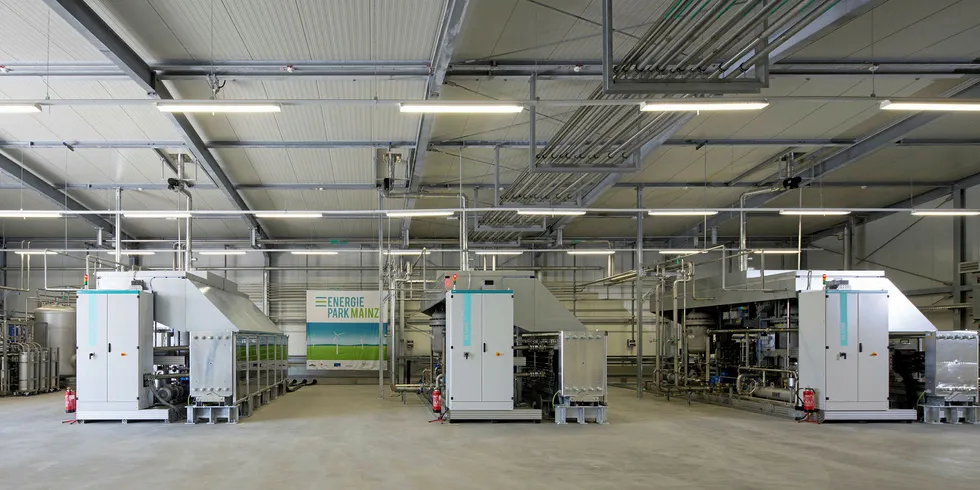Siemens to help Uniper to switch from coal and gas to green hydrogen
The conglomerate’s energy unit and the Fortum-owned utility sign cooperation deal to develop decarbonisation projects in power generation and sector coupling

The conglomerate’s energy unit and the Fortum-owned utility sign cooperation deal to develop decarbonisation projects in power generation and sector coupling
